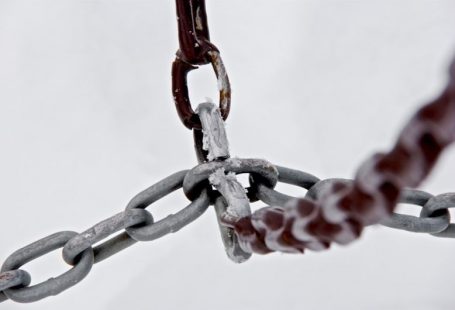In today’s unpredictable world, having an emergency fund is crucial for financial stability and peace of mind. An emergency fund is a dedicated savings account that provides a financial cushion in times of unexpected expenses or financial hardships. Whether it’s a sudden medical bill, car repair, job loss, or any other unforeseen circumstance, having an emergency fund can help you navigate through these challenges without having to resort to high-interest debt or depleting your long-term savings. Let’s delve into the importance of having an emergency fund and how it can safeguard your financial well-being.
**Financial Security in Uncertain Times**
Life is full of uncertainties, and unexpected events can occur when you least expect them. Having an emergency fund ensures that you are prepared for any financial curveballs that may come your way. It serves as a safety net, providing you with the financial security to handle emergencies without disrupting your day-to-day expenses or long-term financial goals. Knowing that you have a financial buffer in place can alleviate stress and anxiety, allowing you to focus on finding solutions to the situation at hand.
**Protection Against Debt**
One of the main advantages of having an emergency fund is that it helps protect you from falling into debt. When faced with a financial emergency, such as a major home repair or a sudden loss of income, many people turn to credit cards or loans to cover the expenses. However, relying on debt to address emergencies can lead to a cycle of debt that is challenging to break free from. By having an emergency fund, you can cover unexpected costs without accruing high-interest debt, ultimately saving you money in the long run.
**Maintaining Financial Independence**
Having an emergency fund is essential for maintaining your financial independence. Instead of relying on family members or friends for financial assistance during tough times, an emergency fund allows you to stand on your own two feet and weather the storm independently. This sense of self-reliance can boost your confidence and empower you to tackle financial challenges head-on, knowing that you have the resources to overcome them.
**Peace of Mind and Reduced Stress**
Financial stress can take a toll on your overall well-being and quality of life. Constantly worrying about how you will handle unexpected expenses can lead to anxiety and sleepless nights. By having an emergency fund, you can enjoy peace of mind knowing that you are prepared for whatever life throws your way. This peace of mind can improve your mental health, enhance your decision-making abilities, and allow you to focus on achieving your long-term financial goals without the constant fear of financial instability.
**Building a Strong Financial Foundation**
An emergency fund is a fundamental building block of a solid financial plan. It provides a solid foundation upon which you can build your financial future. By prioritizing the creation and maintenance of an emergency fund, you are taking proactive steps to protect yourself against financial setbacks and pave the way for long-term financial success. As you continue to grow your emergency fund, you are creating a financial safety net that can support you through various stages of life, from unexpected expenses to achieving major milestones.
**Conclusion: Empowering Financial Resilience**
In conclusion, an emergency fund is a vital component of a healthy financial strategy. It offers protection against unforeseen events, reduces reliance on debt, promotes financial independence, and enhances overall well-being. By prioritizing the establishment of an emergency fund and consistently contributing to it, you are empowering yourself with financial resilience and preparedness. Start building your emergency fund today and take control of your financial future. Remember, it’s not a matter of if an emergency will happen, but when. Be prepared, be resilient, and secure your financial well-being.





